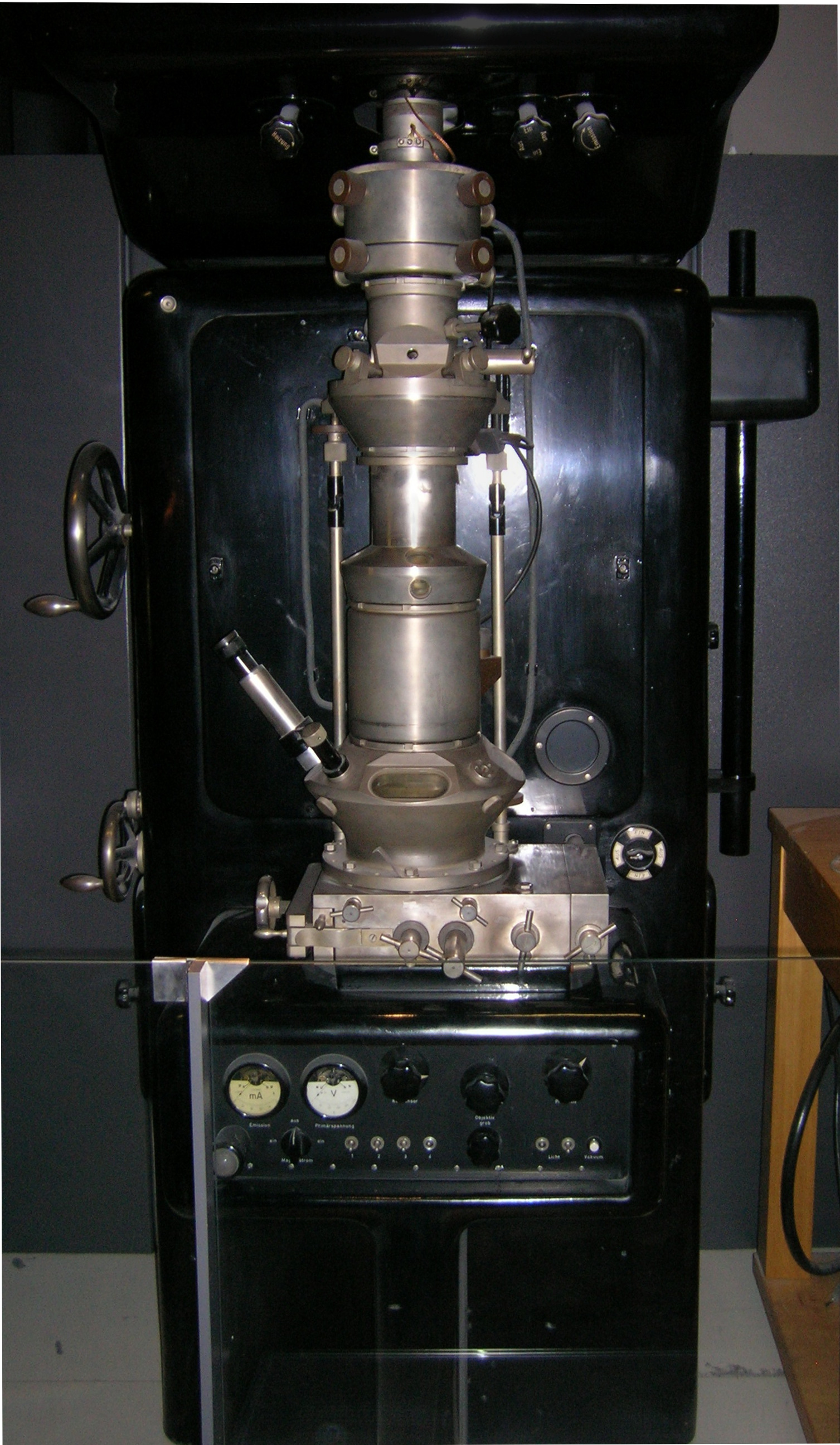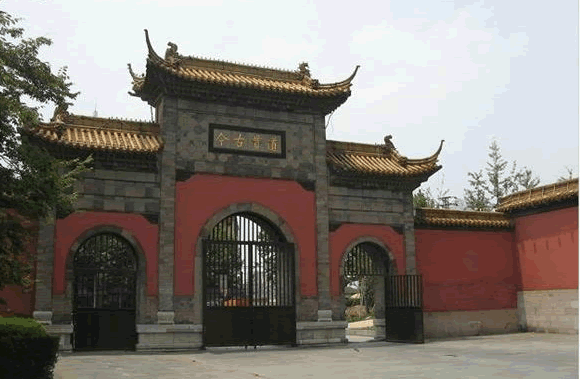|
Eiichi Nakamura (chemist)
is a Japanese chemist and professor of chemistry at University of Tokyo in Japan. Education * 1973 BS Faculty of Science, Tokyo Institute of Technology (Professor Teruaki Mukaiyama) * 1978 PhD in chemistry, Department of Chemistry, Tokyo Institute of Technology (Professor Isao Kuwajima) * 1978-1980 Postdoctoral Research Associate, Department of Chemistry, Columbia University, New York (Professor Gilbert Stork) Major research interests * catalyst chemistry, fullerene chemistry, supramolecular chemistry, organic solar cells, Transmission electron microscopy. Academic experience * 1980-1984 Assistant Professor, Department of Chemistry, Tokyo Institute of Technology * 1984-1993 Associate Professor, Department of Chemistry, Tokyo Institute of Technology * 1989-1991 Adjunct Associate Professor, Department of Applied Molecular Science, Institute for Molecular Science * 1993-1995 Professor, Department of Chemistry, Tokyo Institute of Technology * 1995–present Professor, Department ... [...More Info...] [...Related Items...] OR: [Wikipedia] [Google] [Baidu] |
Tokyo
Tokyo (; ja, 東京, , ), officially the Tokyo Metropolis ( ja, 東京都, label=none, ), is the capital and List of cities in Japan, largest city of Japan. Formerly known as Edo, its metropolitan area () is the most populous in the world, with an estimated 37.468 million residents ; the city proper has a population of 13.99 million people. Located at the head of Tokyo Bay, the prefecture forms part of the Kantō region on the central coast of Honshu, Japan's largest island. Tokyo serves as Economy of Japan, Japan's economic center and is the seat of both the Government of Japan, Japanese government and the Emperor of Japan. Originally a fishing village named Edo, the city became politically prominent in 1603, when it became the seat of the Tokugawa shogunate. By the mid-18th century, Edo was one of the most populous cities in the world with a population of over one million people. Following the Meiji Restoration of 1868, the imperial capital in Kyoto was mov ... [...More Info...] [...Related Items...] OR: [Wikipedia] [Google] [Baidu] |
Transmission Electron Microscopy
Transmission electron microscopy (TEM) is a microscopy technique in which a beam of electrons is transmitted through a specimen to form an image. The specimen is most often an ultrathin section less than 100 nm thick or a suspension on a grid. An image is formed from the interaction of the electrons with the sample as the beam is transmitted through the specimen. The image is then magnified and focused onto an imaging device, such as a fluorescent screen, a layer of photographic film, or a sensor such as a scintillator attached to a charge-coupled device. Transmission electron microscopes are capable of imaging at a significantly higher resolution than light microscopes, owing to the smaller de Broglie wavelength of electrons. This enables the instrument to capture fine detail—even as small as a single column of atoms, which is thousands of times smaller than a resolvable object seen in a light microscope. Transmission electron microscopy is a major analytical method ... [...More Info...] [...Related Items...] OR: [Wikipedia] [Google] [Baidu] |
Academic Staff Of Tokyo Institute Of Technology
An academy ( Attic Greek: Ἀκαδήμεια; Koine Greek Ἀκαδημία) is an institution of secondary or tertiary higher learning (and generally also research or honorary membership). The name traces back to Plato's school of philosophy, founded approximately 385 BC at Akademia, a sanctuary of Athena, the goddess of wisdom and skill, north of Athens, Greece. Etymology The word comes from the ''Academy'' in ancient Greece, which derives from the Athenian hero, '' Akademos''. Outside the city walls of Athens, the gymnasium was made famous by Plato as a center of learning. The sacred space, dedicated to the goddess of wisdom, Athena, had formerly been an olive grove, hence the expression "the groves of Academe". In these gardens, the philosopher Plato conversed with followers. Plato developed his sessions into a method of teaching philosophy and in 387 BC, established what is known today as the Old Academy. By extension, ''academia'' has come to mean the accumulatio ... [...More Info...] [...Related Items...] OR: [Wikipedia] [Google] [Baidu] |
Academic Staff Of The University Of Tokyo
An academy (Attic Greek: Ἀκαδήμεια; Koine Greek Ἀκαδημία) is an institution of secondary or tertiary higher learning (and generally also research or honorary membership). The name traces back to Plato's school of philosophy, founded approximately 385 BC at Akademia, a sanctuary of Athena, the goddess of wisdom and skill, north of Athens, Greece. Etymology The word comes from the ''Academy'' in ancient Greece, which derives from the Athenian hero, ''Akademos''. Outside the city walls of Athens, the gymnasium was made famous by Plato as a center of learning. The sacred space, dedicated to the goddess of wisdom, Athena, had formerly been an olive grove, hence the expression "the groves of Academe". In these gardens, the philosopher Plato conversed with followers. Plato developed his sessions into a method of teaching philosophy and in 387 BC, established what is known today as the Old Academy. By extension, ''academia'' has come to mean the accumulation, dev ... [...More Info...] [...Related Items...] OR: [Wikipedia] [Google] [Baidu] |
Japanese Chemists
Japanese may refer to: * Something from or related to Japan, an island country in East Asia * Japanese language, spoken mainly in Japan * Japanese people, the ethnic group that identifies with Japan through ancestry or culture ** Japanese diaspora, Japanese emigrants and their descendants around the world * Japanese citizens, nationals of Japan under Japanese nationality law ** Foreign-born Japanese, naturalized citizens of Japan * Japanese writing system, consisting of kanji and kana * Japanese cuisine, the food and food culture of Japan See also * List of Japanese people * * Japonica (other) * Japonicum * Japonicus * Japanese studies Japanese studies ( Japanese: ) or Japan studies (sometimes Japanology in Europe), is a sub-field of area studies or East Asian studies involved in social sciences and humanities research on Japan. It incorporates fields such as the study of Japan ... {{disambiguation Language and nationality disambiguation pages ... [...More Info...] [...Related Items...] OR: [Wikipedia] [Google] [Baidu] |
Living People
Related categories * :Year of birth missing (living people) / :Year of birth unknown * :Date of birth missing (living people) / :Date of birth unknown * :Place of birth missing (living people) / :Place of birth unknown * :Year of death missing / :Year of death unknown * :Date of death missing / :Date of death unknown * :Place of death missing / :Place of death unknown * :Missing middle or first names See also * :Dead people * :Template:L, which generates this category or death years, and birth year and sort keys. : {{DEFAULTSORT:Living people 21st-century people People by status ... [...More Info...] [...Related Items...] OR: [Wikipedia] [Google] [Baidu] |
1951 Births
Events January * January 4 – Korean War: Third Battle of Seoul – Chinese and North Korean forces capture Seoul for the second time (having lost the Second Battle of Seoul in September 1950). * January 9 – The Government of the United Kingdom announces abandonment of the Tanganyika groundnut scheme for the cultivation of peanuts in the Tanganyika Territory, with the writing off of £36.5M debt. * January 15 – In a court in West Germany, Ilse Koch, The "Witch of Buchenwald", wife of the commandant of the Buchenwald concentration camp, is sentenced to life imprisonment. * January 20 – Winter of Terror: Avalanches in the Alps kill 240 and bury 45,000 for a time, in Switzerland, Austria and Italy. * January 21 – Mount Lamington in Papua New Guinea erupts catastrophically, killing nearly 3,000 people and causing great devastation in Oro Province. * January 25 – Dutch author Anne de Vries releases the first volume of his children's novel '' Journey Through ... [...More Info...] [...Related Items...] OR: [Wikipedia] [Google] [Baidu] |
Nanjing University Of Technology
Nanjing Tech University (NJTech; ), colloquially known as Nan Gong (or Nangong, 南工), is a university located in Nanjing, Jiangsu Province, China. It is located 300 km from Shanghai. NJTech was part of the first group of universities approved by the Chinese Ministry of Education for the training of “Excellent Engineers.” The university specializes in engineering. English language courses are compulsory. History Nanjing Tech University has a history of more than one hundred years as a cradle of education. It is a key institution of higher learning to be constructed in Jiangsu Province, and one of the first group of institutions of higher learning approved by the Chinese Ministry of Education for the training of "Excellent Engineers". Nanjing University of Technology was established by merging the former Nanjing University of Chemical Technology and the former Nanjing Institute of Architecture and Civil Engineering in May 2001. The origin of Nanjing University of C ... [...More Info...] [...Related Items...] OR: [Wikipedia] [Google] [Baidu] |
Nanjing
Nanjing (; , Mandarin pronunciation: ), alternately romanized as Nanking, is the capital of Jiangsu province of the People's Republic of China. It is a sub-provincial city, a megacity, and the second largest city in the East China region. The city has 11 districts, an administrative area of , and a total recorded population of 9,314,685 . Situated in the Yangtze River Delta region, Nanjing has a prominent place in Chinese history and culture, having served as the capital of various Chinese dynasties, kingdoms and republican governments dating from the 3rd century to 1949, and has thus long been a major center of culture, education, research, politics, economy, transport networks and tourism, being the home to one of the world's largest inland ports. The city is also one of the fifteen sub-provincial cities in the People's Republic of China's administrative structure, enjoying jurisdictional and economic autonomy only slightly less than that of a province. Nanjing has been ... [...More Info...] [...Related Items...] OR: [Wikipedia] [Google] [Baidu] |
Nanjing University
Nanjing University (NJU; ) is a national public research university in Nanjing, Jiangsu. It is a member of C9 League and a Class A Double First Class University designated by the Chinese central government. NJU has two main campuses: the Xianlin campus in the northeast of Nanjing, and the Gulou campus in the city center of Nanjing. Established in 1902 as Sanjiang Normal School, Nanjing University underwent a number of name changes, such as Nanjing Higher Normal School, National Southeastern University and National Central University, until it was renamed Nanjing University in 1950. It merged with the University of Nanking in 1952. NJU is perennially ranked one of the best research universities in China, and one of the most selective universities in the nation. As of 2022, Nanjing University ranked 7th in China and 95th globally by Times Higher Education World University Rankings. Regarding scientific research output, the Nature Index Annual Table 2022 ranked Nanjing Univer ... [...More Info...] [...Related Items...] OR: [Wikipedia] [Google] [Baidu] |
Science (journal)
''Science'', also widely referred to as ''Science Magazine'', is the peer-reviewed academic journal of the American Association for the Advancement of Science (AAAS) and one of the world's top academic journals. It was first published in 1880, is currently circulated weekly and has a subscriber base of around 130,000. Because institutional subscriptions and online access serve a larger audience, its estimated readership is over 400,000 people. ''Science'' is based in Washington, D.C., United States, with a second office in Cambridge, UK. Contents The major focus of the journal is publishing important original scientific research and research reviews, but ''Science'' also publishes science-related news, opinions on science policy and other matters of interest to scientists and others who are concerned with the wide implications of science and technology. Unlike most scientific journals, which focus on a specific field, ''Science'' and its rival ''Nature'' cover the full r ... [...More Info...] [...Related Items...] OR: [Wikipedia] [Google] [Baidu] |







